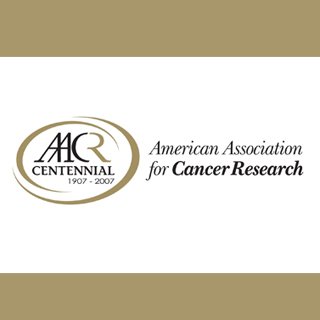
Nevertheless, experts headed by Brian Sprague, Ph.D., have performed reassessment of the post-WHI landscape that apparently proposes otherwise.
Outcomes of the WHI illustrated in 2002 are that that hormone therapy is apparently associated with an augmented danger of developing breast cancer. Different studies have also supposedly corroborated this affiliation. Several women had apparently stopped taking hormone therapy owing to apprehensions about the possible risk of cancer. Simultaneously, the frequency of breast cancer was claimed to be less, which the authors credit to the reduction in hormone therapy use.
Sprague, a postdoctoral fellow at the University of Wisconsin, commented, “We found that the change in hormone therapy use only accounted for a decline of about 3 percent, so there’s another 4 percent that is being caused by something we do not yet know.â€
Sprague remarked, “This does not mean that women should start taking hormones again, but there appear to be additional factors that have contributed to the decline in breast cancer.â€
After performing a comprehensive literature assessment of the decrease in hormone use and the reduction in breast cancer frequency, Sprague and colleagues predicted that around 42 percent of the drop in occurrence of breast cancer was said to be associated to the termination of hormone therapy use.
Sprague is of the opinion that supplementary studies are required to verify the basis of the remaining decrease in breast cancer cases.
The findings of this study were presented at the American Association for Cancer Research Frontiers in Cancer Prevention Research Conference in Houston.
